Nearly 186.5 million Americans are eligible to vote in the November 5 election to elect the 47th president of the United States. But the presidential race is not the only race on the U.S. ballot. Voters will also exercise their right to fill federal, state, and local offices.
In the federal race, voters elect the president and members of the two houses that make up the nation: the House of Representatives and the Senate.
House of Representatives Race
Voters in all 50 US states elect members of the House of Representatives. There are 435 seats in total, and each seat is up for election every two years.
The number of House members each state is allotted is determined by the population of that state. Therefore, if a state loses or gains residents in the census, it will lose or gain seats in the House of Representatives.
Among them will be representatives from six non-voting districts in the House of Representatives (called resident delegates or commissioners) representing US territories.
Although they do not have the right to vote on or against bills, they do enjoy privileges and participate in some other functions of the House. These six areas include: the District of Columbia; Puerto Rico; American Samoa; Guam; the Northern Mariana Islands; and the Virgin Islands.
Members of the House of Representatives are elected every two years.
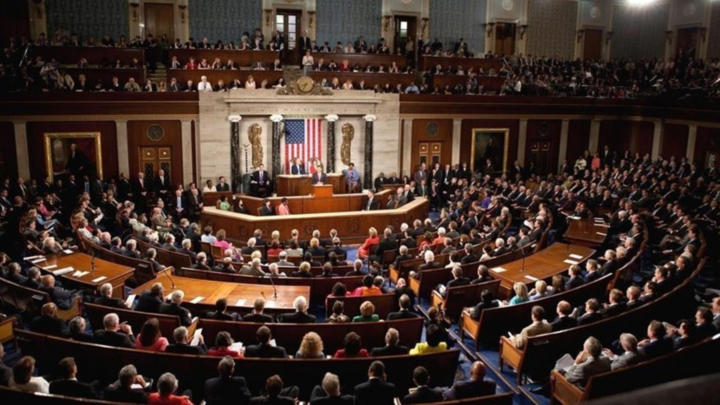
The House and Senate elections are also of interest in the US. (Photo: News.az)
US Senate race
In this year's election, voters will be able to vote for 33 Senate seats, accounting for about a third of the total 100 seats. In particular, one seat will be decided in a special election.
Each state has two representatives in the Senate. Membership in the Senate is not based on population like the House of Representatives.
Currently, the Senate has 49 Republicans, 47 Democrats and 4 independents including: Senator Bernie Sanders of Vermont; Senator Angus King of Maine; Senator Joe Manchin of West Virginia; Senator Kyrsten Sinema of Arizona.
The US Vice President will assume the position of President of the Senate, presiding over Senate sessions and casting deciding votes.
In addition to voting on legislation, the Senate must confirm presidential appointments of cabinet members, Supreme Court justices, other federal judges, and ambassadors.
In the current Senate race, the eight battleground states include: Montana; Wisconsin; Ohio; Nevada; Pennsylvania; Michigan; Arizona and Texas. Of these, seven Senate seats are held by Democrats. Only one seat is currently held by Republicans.
House and Senate races are important because whichever party controls Congress has the advantage when it comes to passing any legislation or bill, which directly impacts the president's agenda.
Governor Election
Also in the 2024 election season, voters in 11 states and 2 territories will elect new governors.
Specifically, the gubernatorial election will take place in the following states and territories: American Samoa; Delaware; Indiana; Missouri; Montana; New Hampshire; North Carolina; North Dakota; Puerto Rico; Utah; Vermont; Washington; and West Virginia.
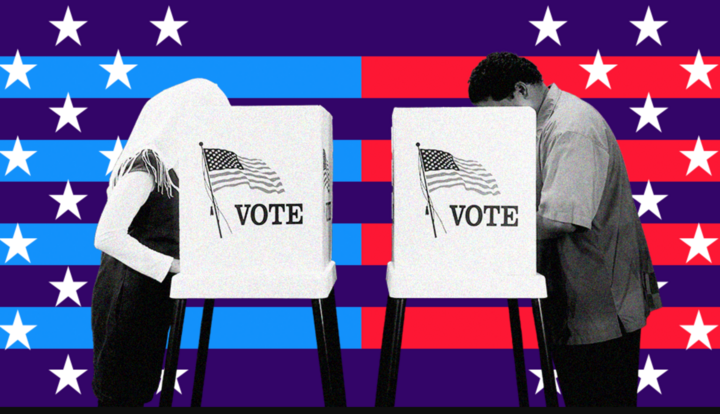
Voters will elect many positions in the November election. (Photo: BBC)
Electoral College
According to US election regulations, voters will not directly vote for the President or Vice President but will go through the Electoral College.
When voters make their selections on the ballot, they are actually voting for a slate of electors who represent their state. Once the votes are counted and certified, these electors are committed to voting for a presidential and vice presidential candidate.
These electors cast the deciding votes for president and vice president at the Electoral College meeting in December. This year, the vote will take place on December 17.
In 48 states, the presidential candidate who wins the most votes wins all of that state's electors. In Maine and Nebraska, the method is different.
These two states allocate their electors based on a more complex system that reflects the popular vote at the state level and the congressional district level. As a result, the Electoral College votes in Maine and Nebraska are often split between both parties.
The number of electors in each state is equal to the number of members of the House of Representatives in that state plus two, the number of US senators from each state. For example, California will have 54 Electoral College votes. This corresponds to two senators and 52 members of the House of Representatives.
There are 538 electors in total. Of these, 535 come from the 50 states and 3 from the District of Columbia.
Before the election, political parties in each state select their slate of electors. Electors are almost always party officials or supporters. Under this system, a candidate who wins the popular vote does not necessarily win the White House.
Source: https://vtcnews.vn/bau-cu-tong-thong-my-khong-chi-tim-ra-chu-nhan-nha-trang-ar904774.html



![[Photo] Closing of the 11th Conference of the 13th Central Committee of the Communist Party of Vietnam](https://vstatic.vietnam.vn/vietnam/resource/IMAGE/2025/4/12/114b57fe6e9b4814a5ddfacf6dfe5b7f)
![[Photo] Overcoming all difficulties, speeding up construction progress of Hoa Binh Hydropower Plant Expansion Project](https://vstatic.vietnam.vn/vietnam/resource/IMAGE/2025/4/12/bff04b551e98484c84d74c8faa3526e0)





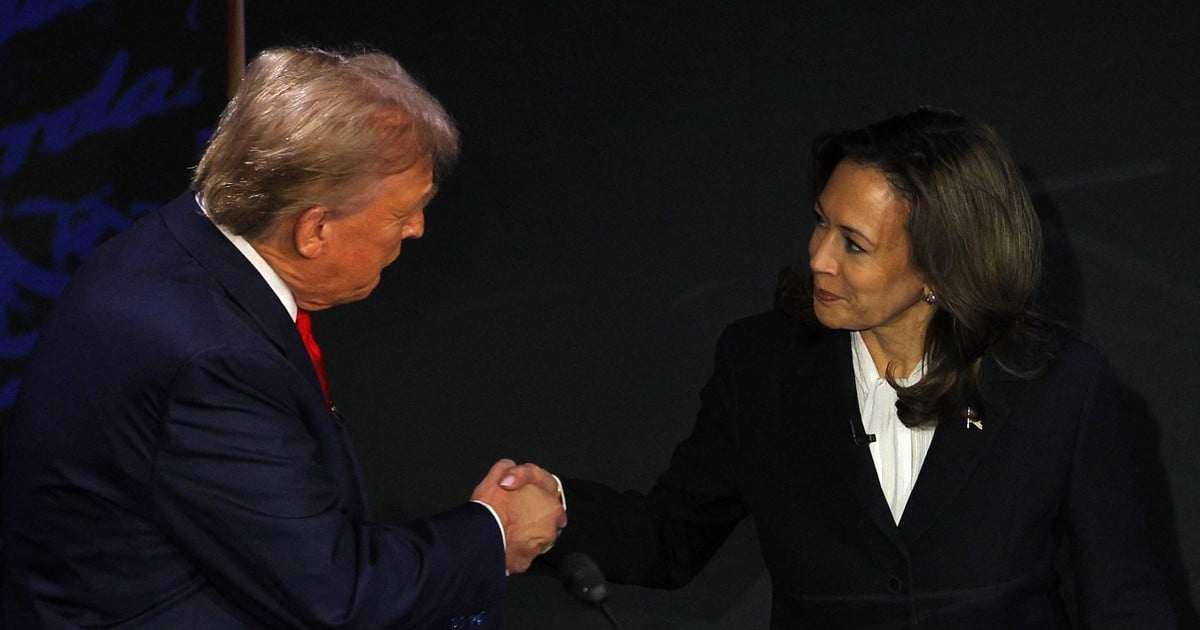

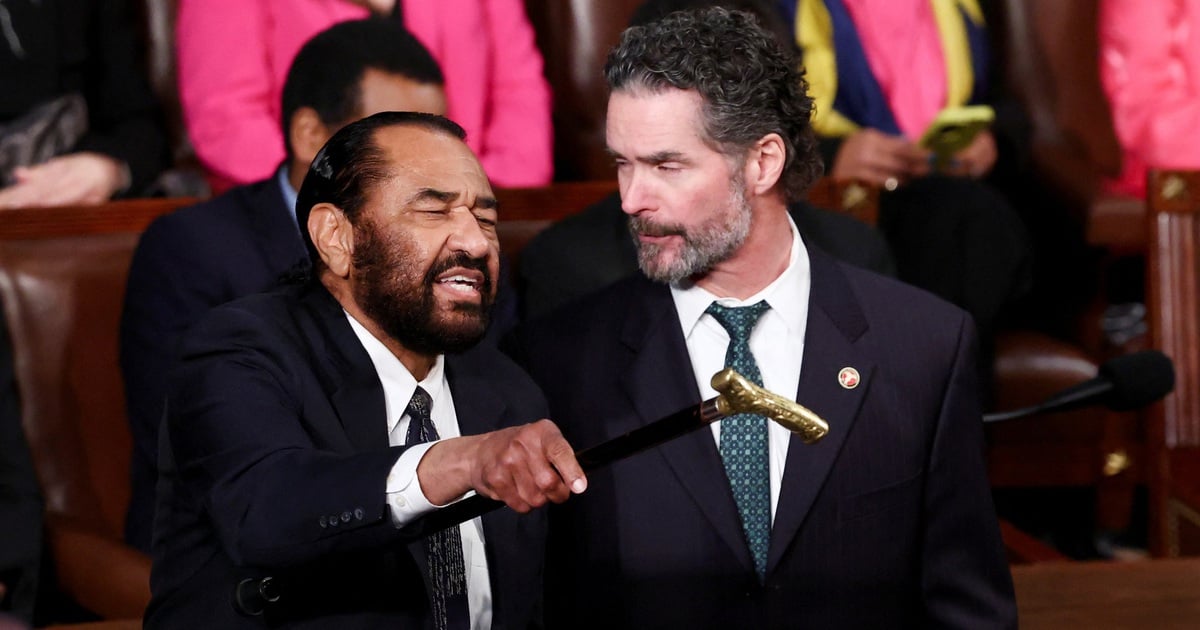
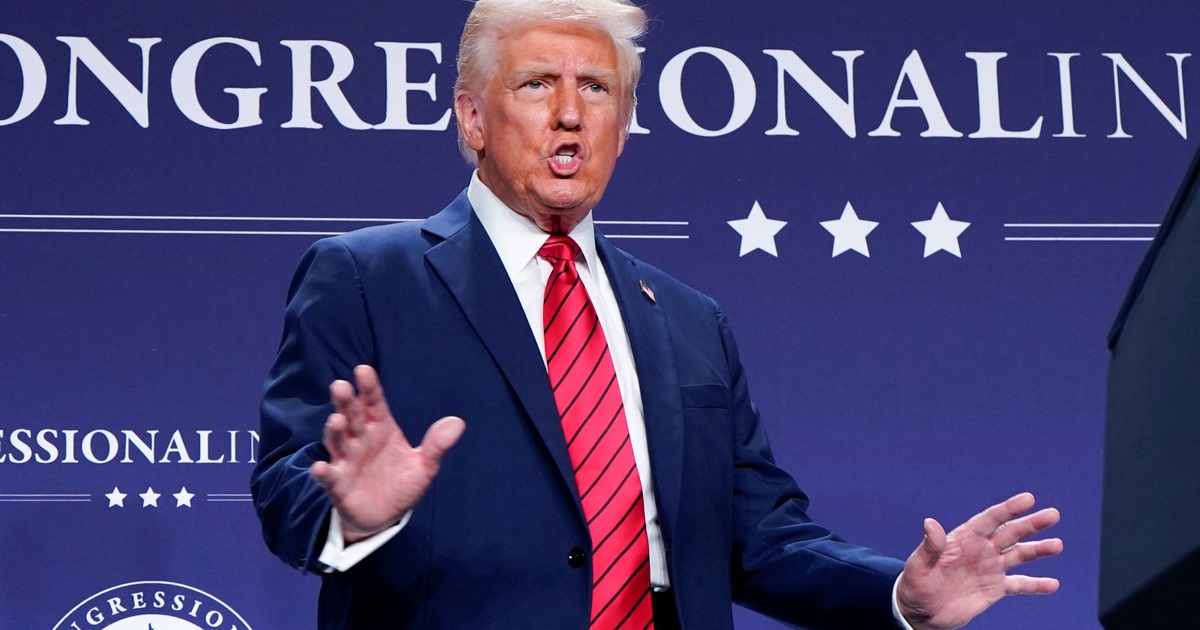
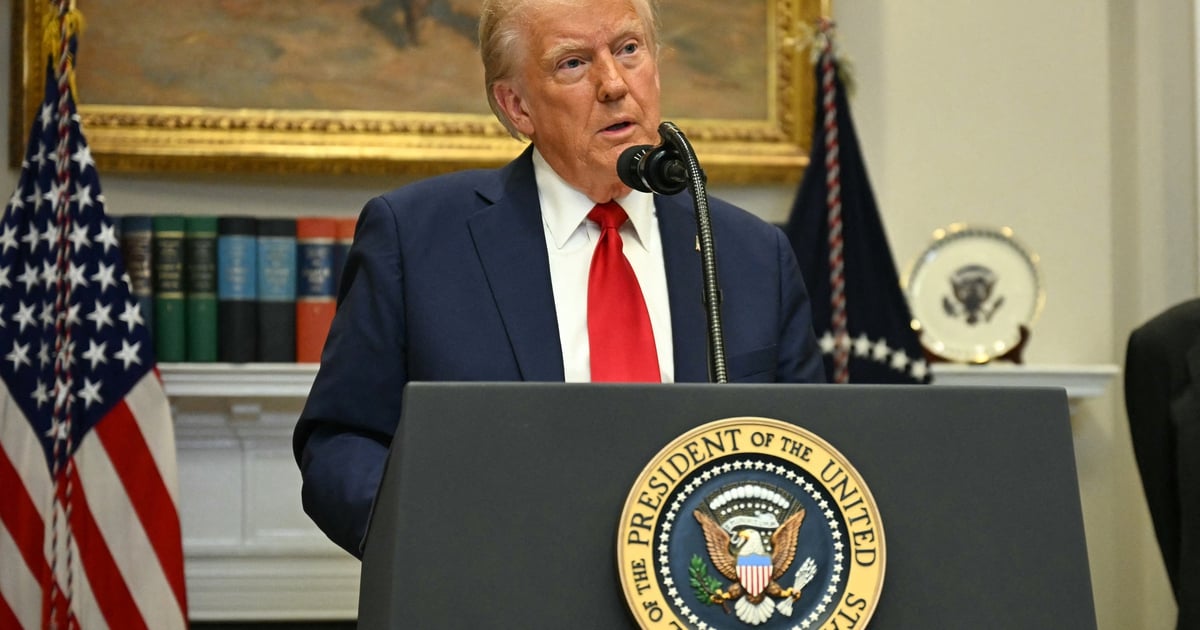
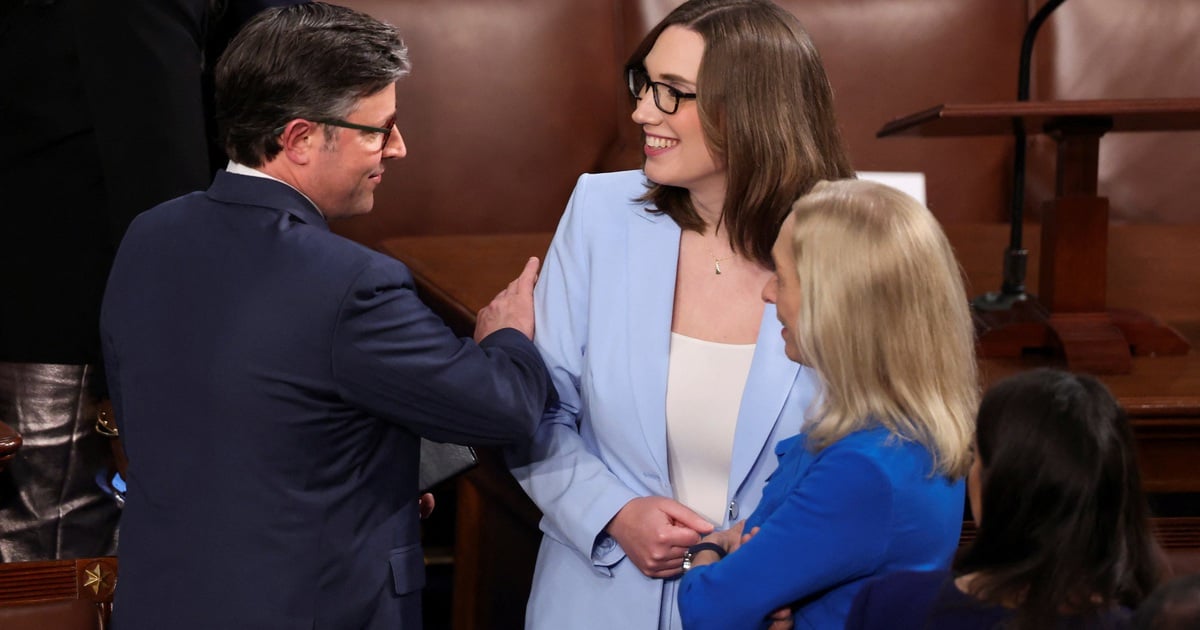














































































Comment (0)